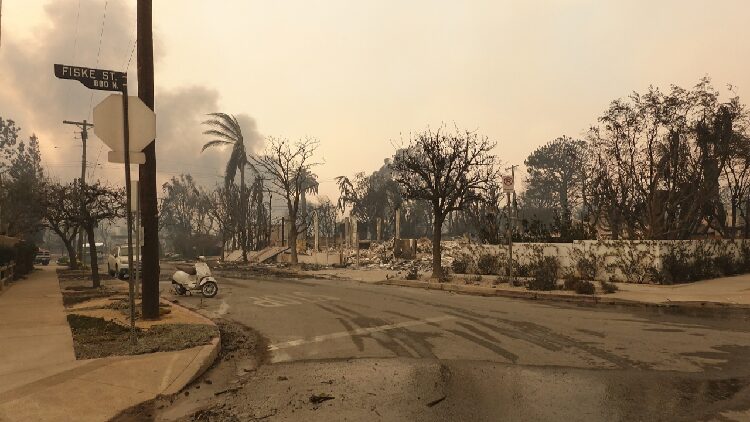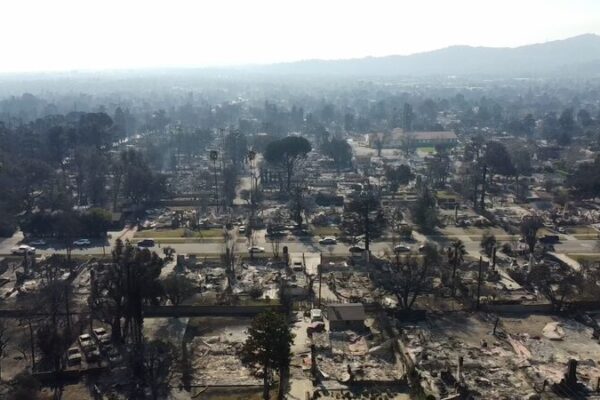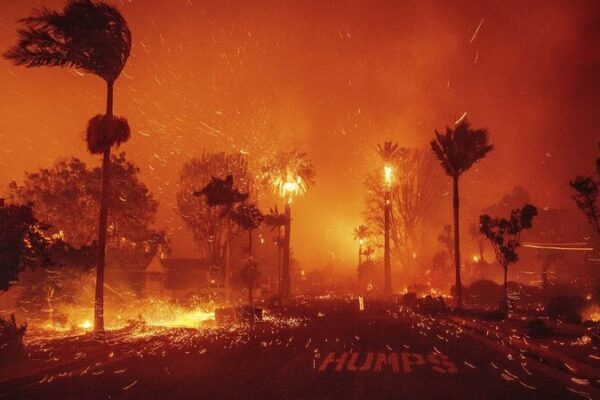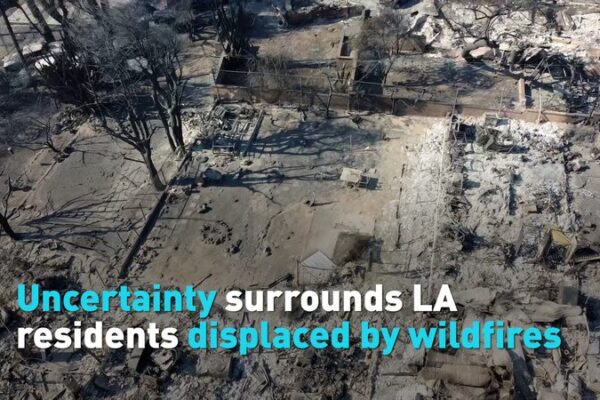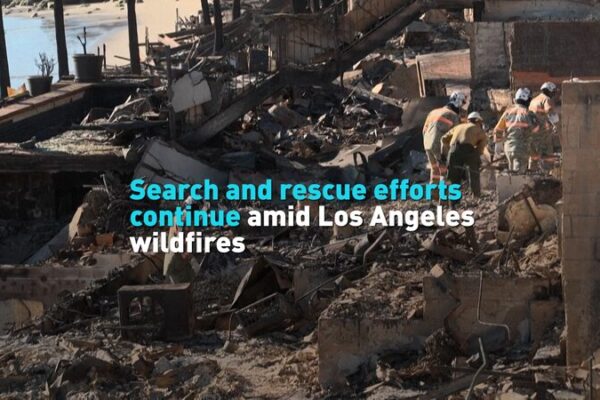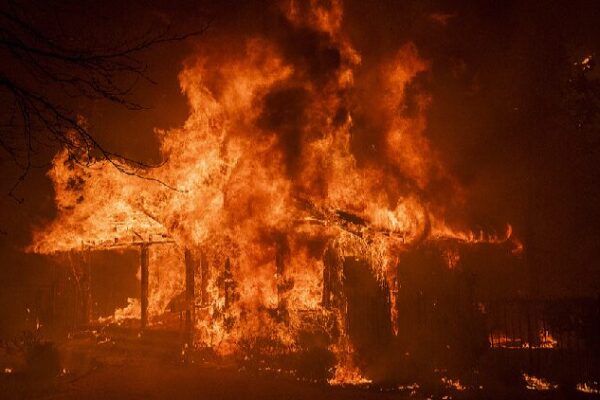The devastating wildfires raging across Los Angeles have shown no signs of abating, leaving a trail of destruction and despair in their wake. With the death toll rising to at least 24 over the weekend, communities are reeling as tens of thousands have been displaced, many fleeing with nothing more than the clothes on their backs.
The financial impact is staggering, with preliminary estimates suggesting losses that could soar into the billions. Experts warn that the true cost, both economic and emotional, may never be fully quantified. One thing is clear: Los Angeles will never be the same again.
The fires have not only scorched the land but have also exposed significant cracks in government response at all levels. Questions are mounting about the coordination and effectiveness of federal, state, and local agencies in managing the crisis. Firefighters have reported critical shortages of water and resources, hampering efforts to contain the blazes. In some areas, hydrants have run dry, leaving crews scrambling to find alternative water sources.
Amid the chaos, political leaders have engaged in a blame game that has frustrated residents and observers alike. Accusations have flown between federal and state officials, with some criticizing budget cuts to firefighting services and others pointing fingers over environmental policies. President Joe Biden has pledged federal support, but many feel that actions have fallen short of promises.
“My home is gone, and I don’t know where to turn,” said Maria Gonzalez, a resident who lost everything to the flames. “We need help, but it feels like no one is listening.”
The discord among leaders has only intensified public concern. In Los Angeles, Mayor Karen Bass and Fire Chief Kristin Crowley have sparred publicly over departmental funding and preparedness. Meanwhile, California Governor Gavin Newsom faces scrutiny over previous budget decisions and the state’s readiness to handle such disasters.
Environmental experts suggest that these fires are part of a troubling trend linked to climate change, with extreme weather conditions making wildfires more frequent and severe. They argue that urgent action is needed not just in emergency response but in long-term strategies to mitigate such risks.
The unfolding tragedy in Los Angeles serves as a stark reminder of the importance of effective governance, especially in times of crisis. As communities attempt to rebuild, there is a growing call for accountability and meaningful change to prevent future catastrophes.
Reference(s):
cgtn.com
